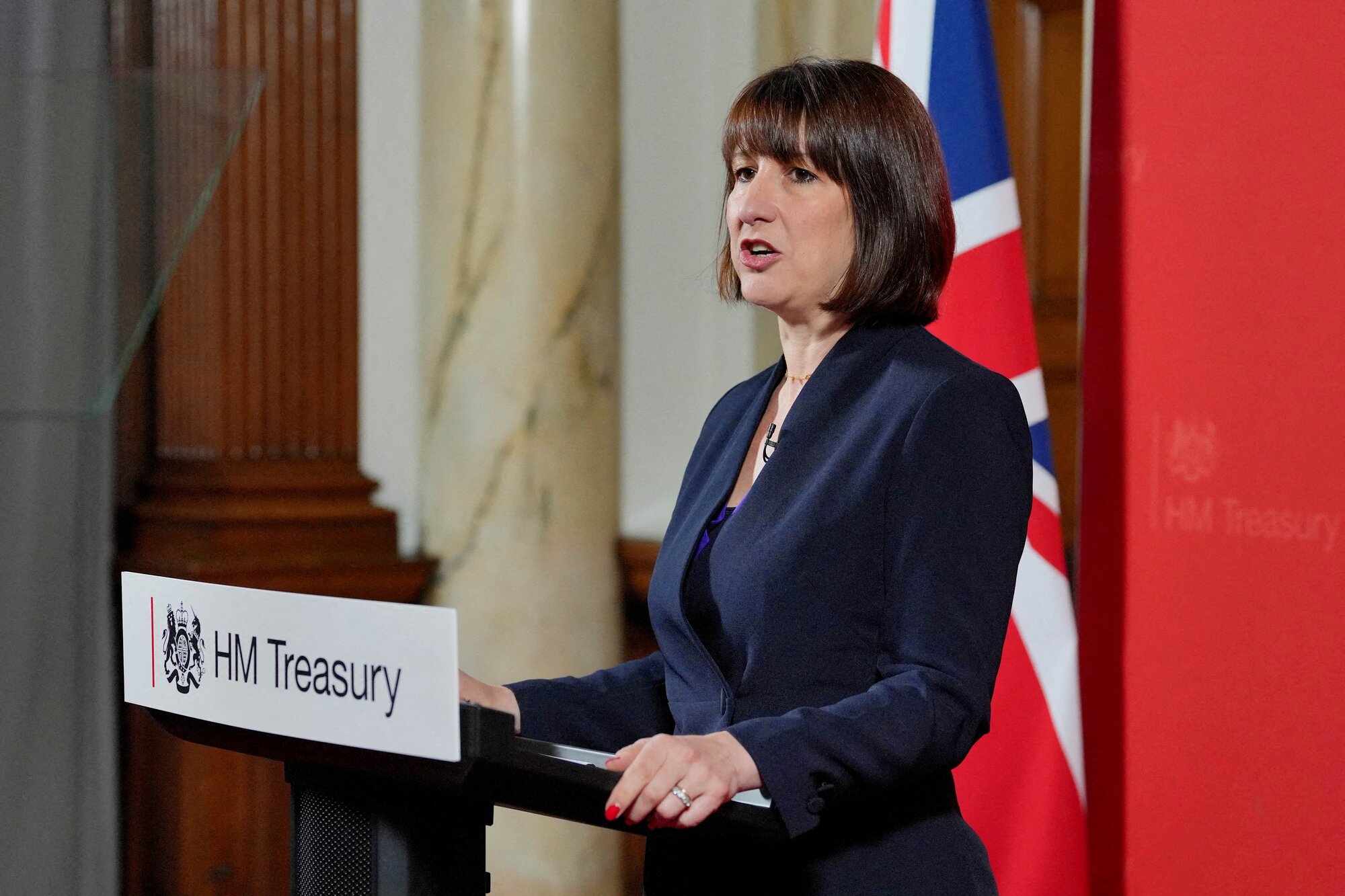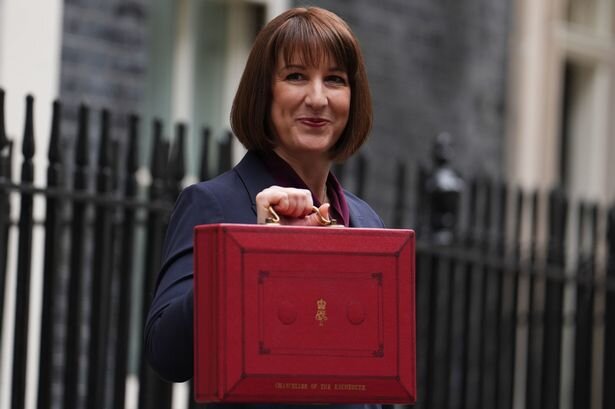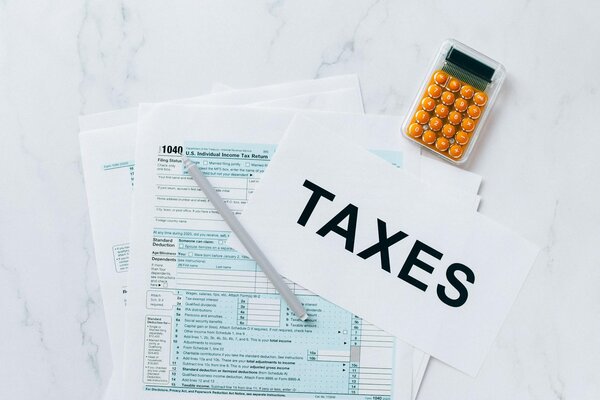TUC Urges Rachel Reeves to Introduce Wealth Tax in November Budget
The UK’s most senior trade union leader has called on Chancellor Rachel Reeves to use the 26 November 2025 autumn budget to introduce new wealth taxes and deliver on Labour’s election pledge of real change. Paul Nowak, General Secretary of the Trades Union Congress (TUC), argued that the government must “stay the course” on investment and show working people that Labour is on their side. He urged Reeves not to shy away from what he described as “a little bit of economic left-wing populism,” stressing that fairer taxation is needed to counter both inequality and the political rise of Reform UK.
Paul Nowak’s Call for Wealth Taxes
Nowak said Labour should take bold steps to address long-term inequalities in the tax system, insisting that those with “the broadest shoulders” must contribute more. He argued the government could strengthen public trust by pushing through reforms that demonstrate fairness and solidarity with working people.
He also described Nigel Farage as an “absolute political opportunist,” warning that Reform UK’s appeal could only be blunted if Labour clearly demonstrates it represents the interests of ordinary people through employment rights and fairer taxes. Paul Nowak argued that those with 'the broadest shoulders' must contribute more through fairer taxation. To understand options for managing tax liabilities, see our guide on how to reduce your tax bill legally
Public Support for Tax Reform
Polling commissioned by the TUC shows around two-thirds of voters (67%) support an annual wealth tax on assets above £10 million. Opposition is relatively low, with just over one in five voters against.
The polling further revealed that support is especially high among Labour voters who are considering a switch to Reform UK, with more than four in five (81%) backing such taxes. This suggests tax fairness could be a key battleground in retaining voters.
Other Tax Measures and Revenue Potential
The TUC also tested broader reform options, including aligning capital gains tax with income tax and introducing higher levies on gambling and banking profits. Support for these measures was positive, although exact percentages vary across different surveys.
Revenue estimates for such reforms differ between think tanks and media reports. While some projections suggest a wealth tax could raise tens of billions annually, precise figures such as the £36 billion cited in some reports cannot be independently verified. Similarly, claims that a bank surcharge could generate £20–50 billion over four years remain speculative and depend on the design of the policy.

The Fiscal and Political Context
Chancellor Reeves faces a £40 billion fiscal shortfall, driven by high borrowing costs and weak growth forecasts. Despite pledging not to raise income tax, national insurance, or VAT, the government is under pressure to find alternative sources of revenue. Fiscal and economic forecasts impacting budgetary decisions are regularly analyzed by the Office for Budget Responsibility, an authoritative source of independent economic assessment.
The November budget will be the second delivered by Reeves since Labour came to power. It comes at a crucial political moment, with Labour balancing public expectations of change against market concerns over fiscal discipline. Interest charges can be significant, with HMRC charging an 8% rate on overdue taxes. For more on National Insurance and how penalties accumulate, check our resource
Inequality and the Case for Reform
Nowak argued that Britain’s tax system is skewed, disproportionately taxing wages rather than wealth.
“We’ve got a tax system that’s very good at taxing work, less effective at taxing wealth. That’s really the big inequality we’ve seen opening up,” he said.
He warned that unless the government takes bold steps, many people will continue to feel that Labour’s promise of “change” remains little more than a slogan.
Risks and Warnings
Critics of wealth taxes argue they could drive wealth overseas or yield less than projected if loopholes are exploited. Economic experts have also warned Reeves must strike a balance between raising revenue and maintaining investor confidence. With interest payments consuming around one in every ten pounds of government spending, fiscal stability remains a key concern.
Nonetheless, Nowak insisted that siding with working people through fairer taxation is the best defence against both political disillusionment and the populist challenge posed by Farage’s Reform UK.

Final Summary
TUC presses Reeves on wealth taxes
The TUC’s intervention adds further pressure on Chancellor Rachel Reeves as she prepares her 26 November 2025 budget. Backed by polling that shows strong public support for wealth taxes and related reforms, Paul Nowak’s call reflects both economic necessity and political strategy. Labour faces a delicate balancing act: addressing a £40 billion deficit without breaking its tax pledges or undermining confidence in the UK economy.
Wealth taxes remain politically contentious, with critics warning of risks to investment and limited yield. Yet public opinion appears firmly in favour of higher contributions from the wealthiest. The political stakes are equally high, with Reform UK positioning itself as a challenger to Labour among disillusioned voters. For Reeves, the choice in November will not simply be about balancing the books it will be about demonstrating Labour’s commitment to fairness and its ability to deliver the change voters were promised.











